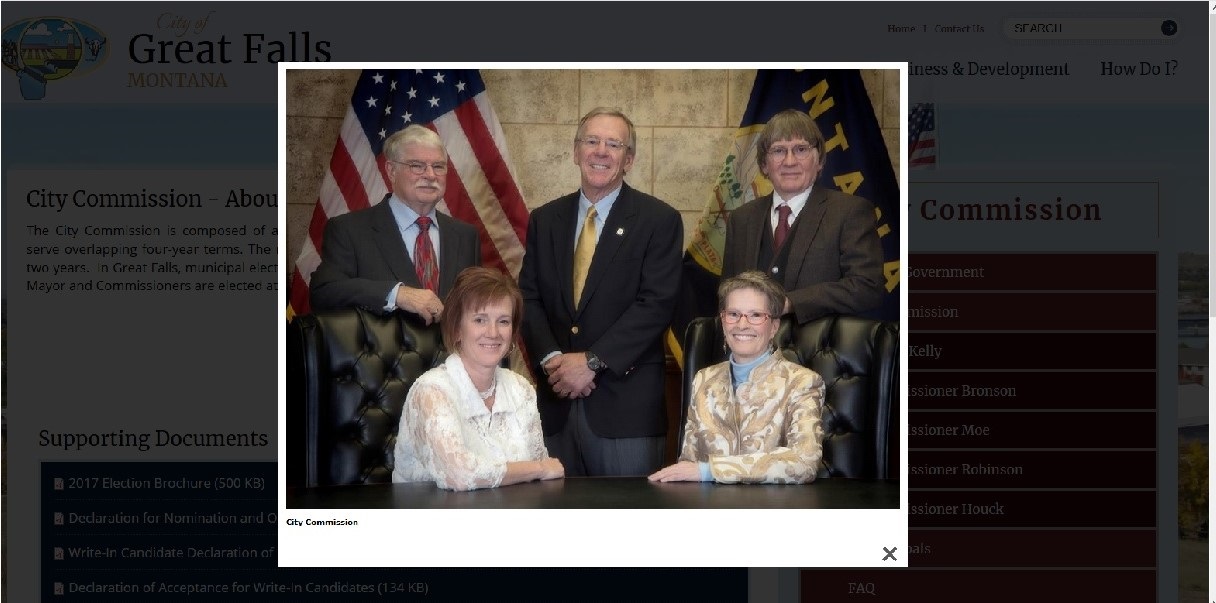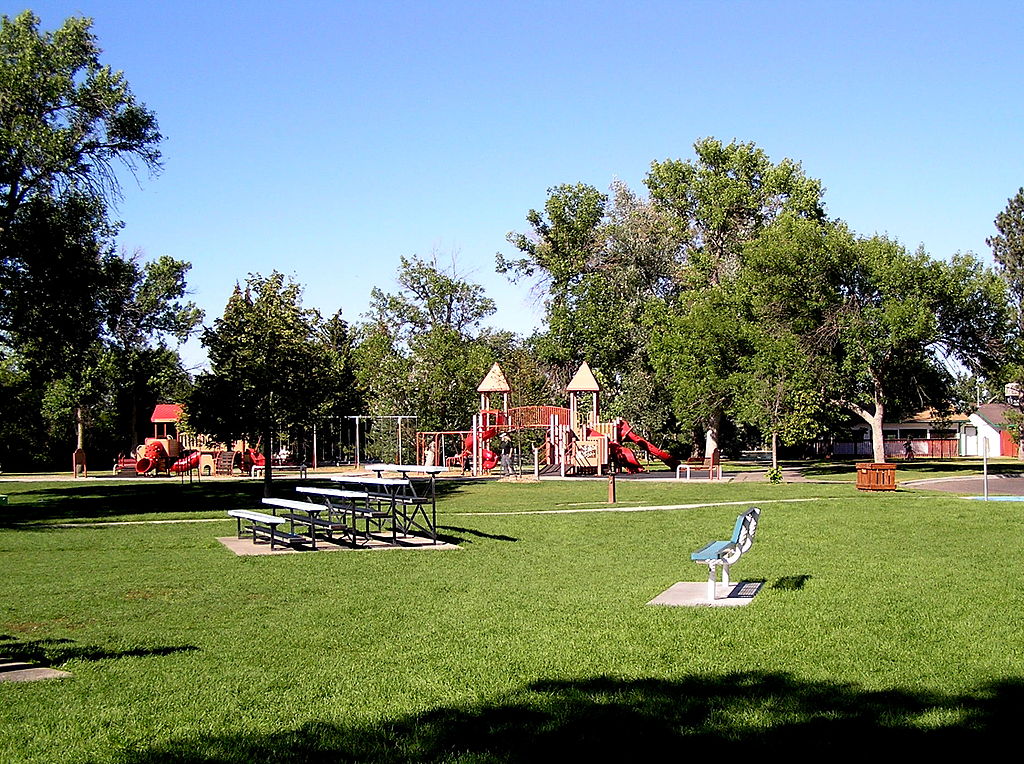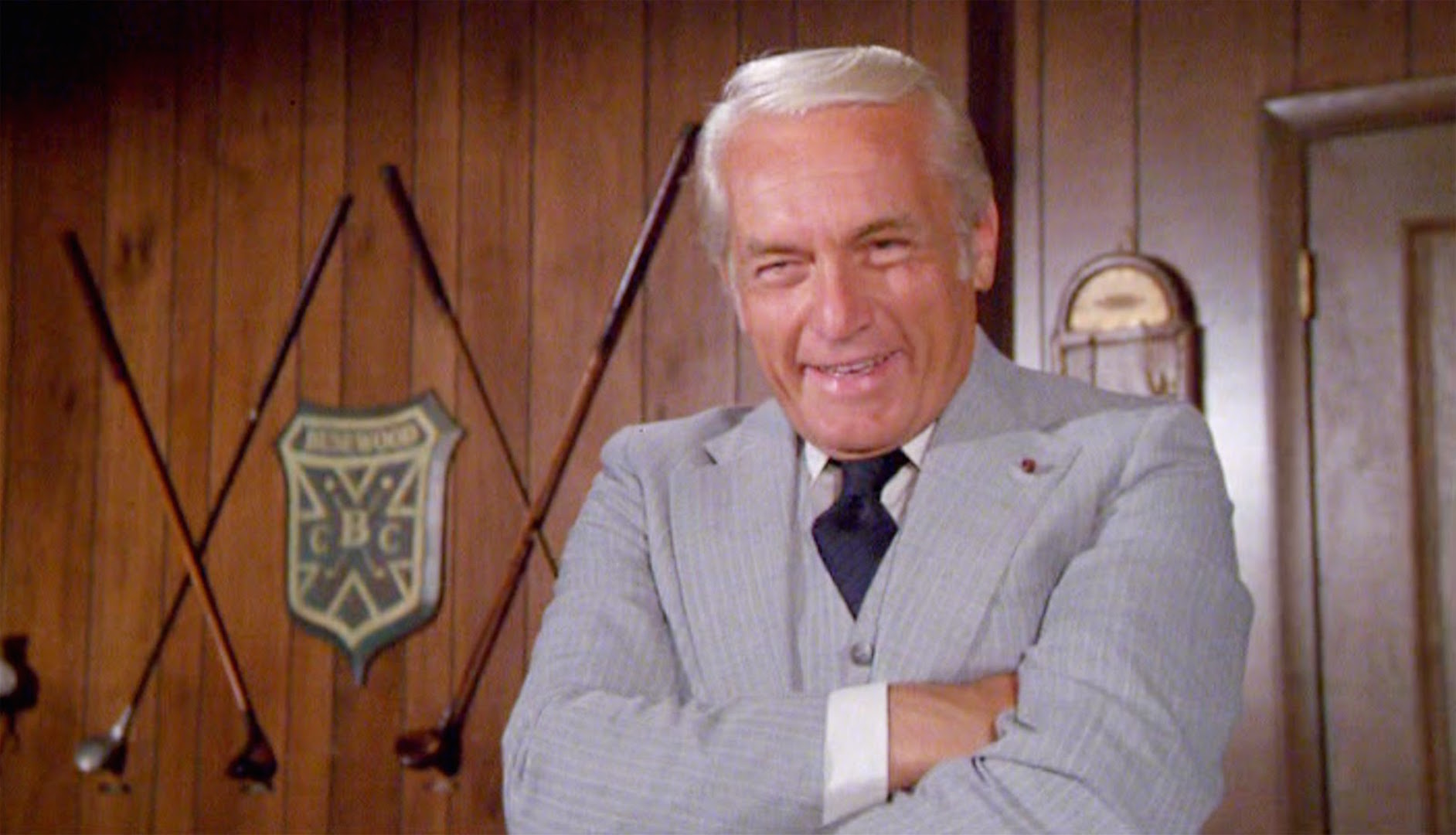Golf is a valued recreational activity in Great Falls, however, some are now voicing concerns regarding the long term sustainability of two municipal golf courses in Great Falls and the Park and Recreation Department’s ability to continue to operate them. The City of Great Falls is responsible for Anaconda Hills and Eagle Falls golf courses….
Category: City Commission
Didn’t Speak Out At The Meeting? Then Shut Up!
There exists an emergent trend in the local discourse these days, and it goes something like this: if you oppose something, but didn’t say so on the record at the meeting where it was discussed, then your ideas are not credible, and you need to shut up. It’s an amusing fallacy that, while rhetorically effective…
HUD Debacle: City’s Response Puzzling
The City Commission’s response to HUD findings of conflicts of interest in Jenn Rowell’s February 21 article on The Electric are a bit perplexing. https://theelectricgf.com/2018/02/21/mayor-issues-apology-on-cdbg-process-staff-addresses-recent-hud-letter/ Here’s a quote from Rowell’s story: “The city is not fighting the HUD findings related to the CDBG process, but is following up in regards to HUD’s interpretation of City…
Speaking Of Credit…
Other than Jenn Rowell, do you know who else deserves some credit? City Commissioner Mary Moe! At last night’s City Commission meeting, Moe voted against a measure that would have raised usage fees for the City’s swimming pools. From the original reporting in the aforementioned Rowell’s The Electric: Commissioner Mary Moe, who had asked that…
More Taxes For City Parks?
This spring, voters will decide whether to support or defeat another tax burden for the already strapped taxpayers of Great Falls. The park district resolution passed at the February 6 commission meeting. Voters will be asked on May 8 whether they’re willing to create and fund a Great Falls park district. The discussion at…
Feds Confirm Myriad City Conflicts Of Interest, Suspend CDBG Funds
In a brutal rebuke to the City of Great Falls, and to Commissioner Bill Bronson in particular, the U.S. Department of Housing and Urban Development suspended funding related to the City’s CDBG program. In a letter addressed to the City (originally published by The Electric), HUD declared the following with respect to Bronson: “Carol Bronson’s relationship…
State Of The City
Did you know that the Great Falls City Manager, all of the City of Great Falls department heads and the City Commission conducted a “State of the City” special City Commission work session meeting this past Friday morning, February 9th? Well, if you weren’t aware of the meeting or able to attend in person here’s…
A Slippery Slope?
On February 6, the Great Falls City Commission will vote on Ordinance 3170, a piece of municipal law that I feel could interfere with our Constitutional right to peaceful assembly within city limits. The ordinance seems innocuous until one delves further into it and finds a whole new section entitled: “Chapter 14.5 PARADES, PROCESSIONS, FUN…
“Incredibly Unappealing”
Like many others, I disagree with the City Commission’s decision to deny a Conditional Use Permit for M&D Construction. Since the issue caught my interest, I wanted to see our elected officials in action. So I watched the video, which anyone else can, too, here. There is much to say about it all, but I found…
Cronyism And Great Falls’ No-Growth Policy
Is Great Falls business friendly? Does the City encourage growth? Why are these never-ending questions? Perhaps the answers are obvious after all. The Great Falls City Commission recently voted unanimously to deny a Conditional Use Permit (CUP) to locally owned and operated M&D Construction. City staff, the City Zoning Commission and Neighborhood Council 7 all…










